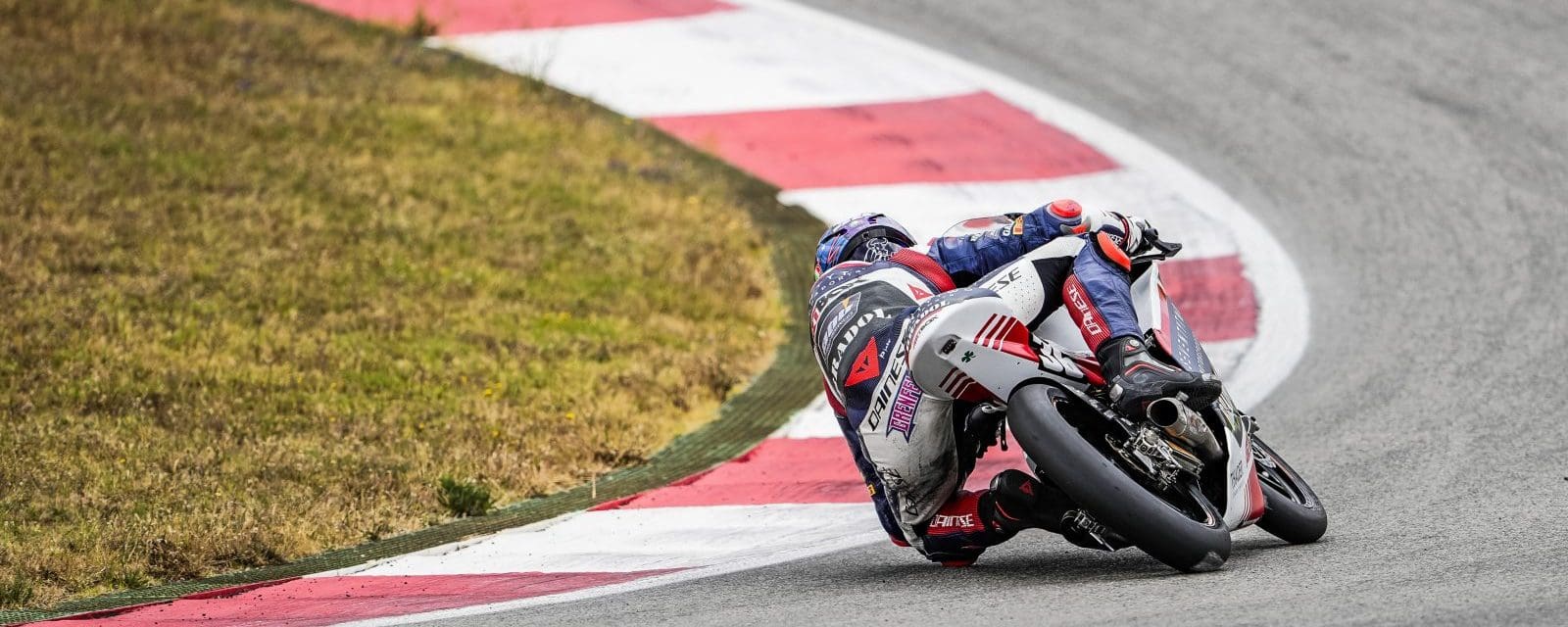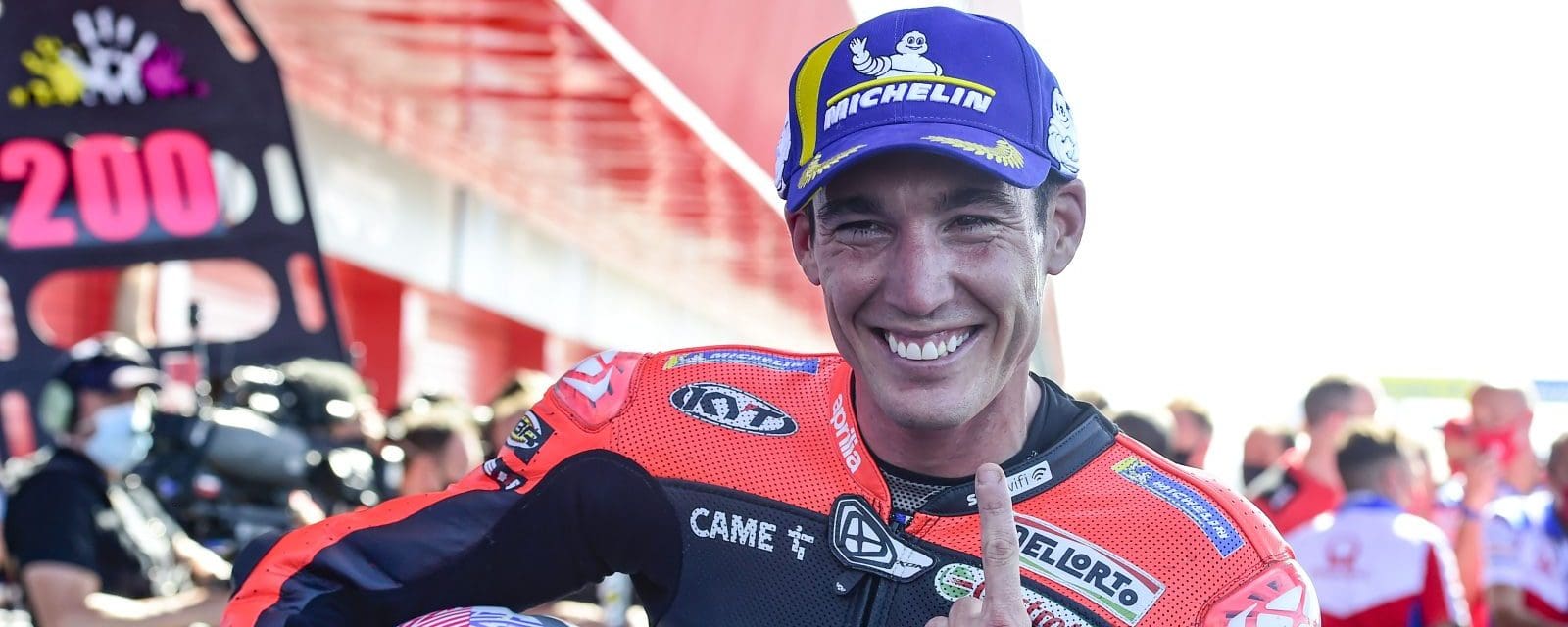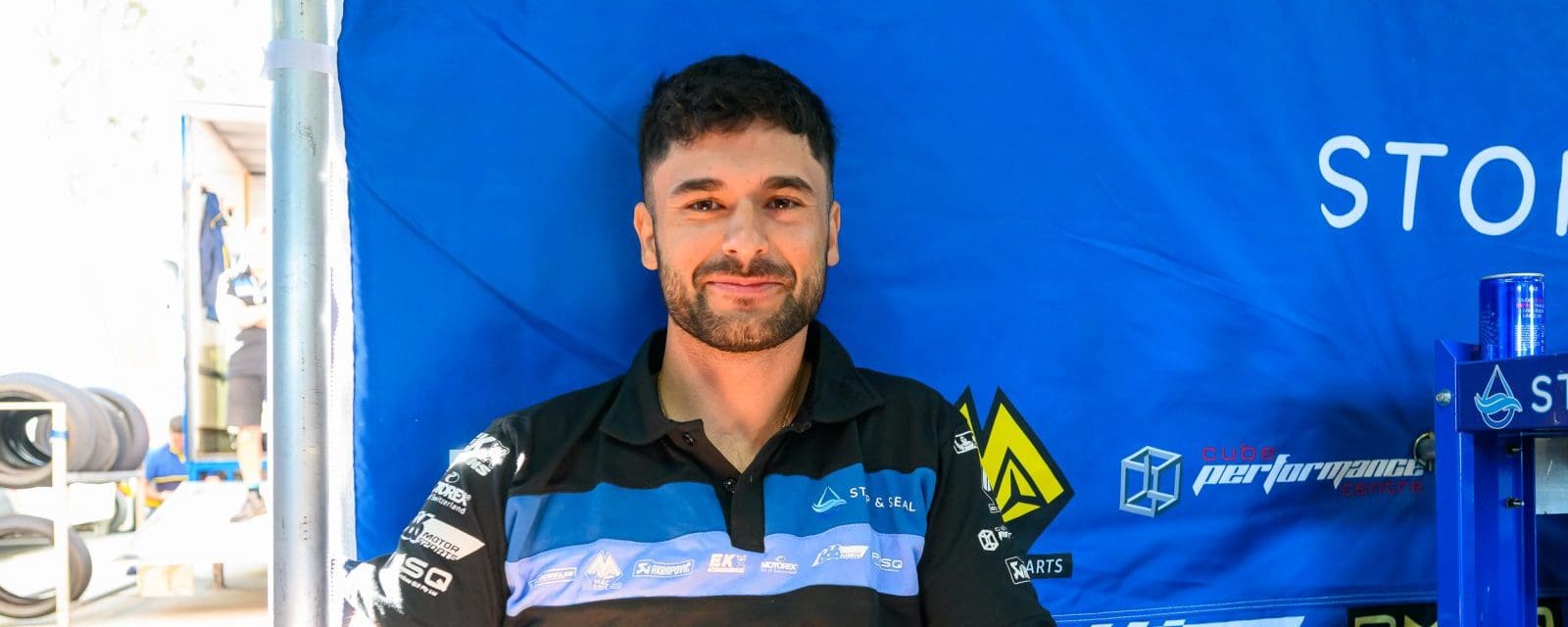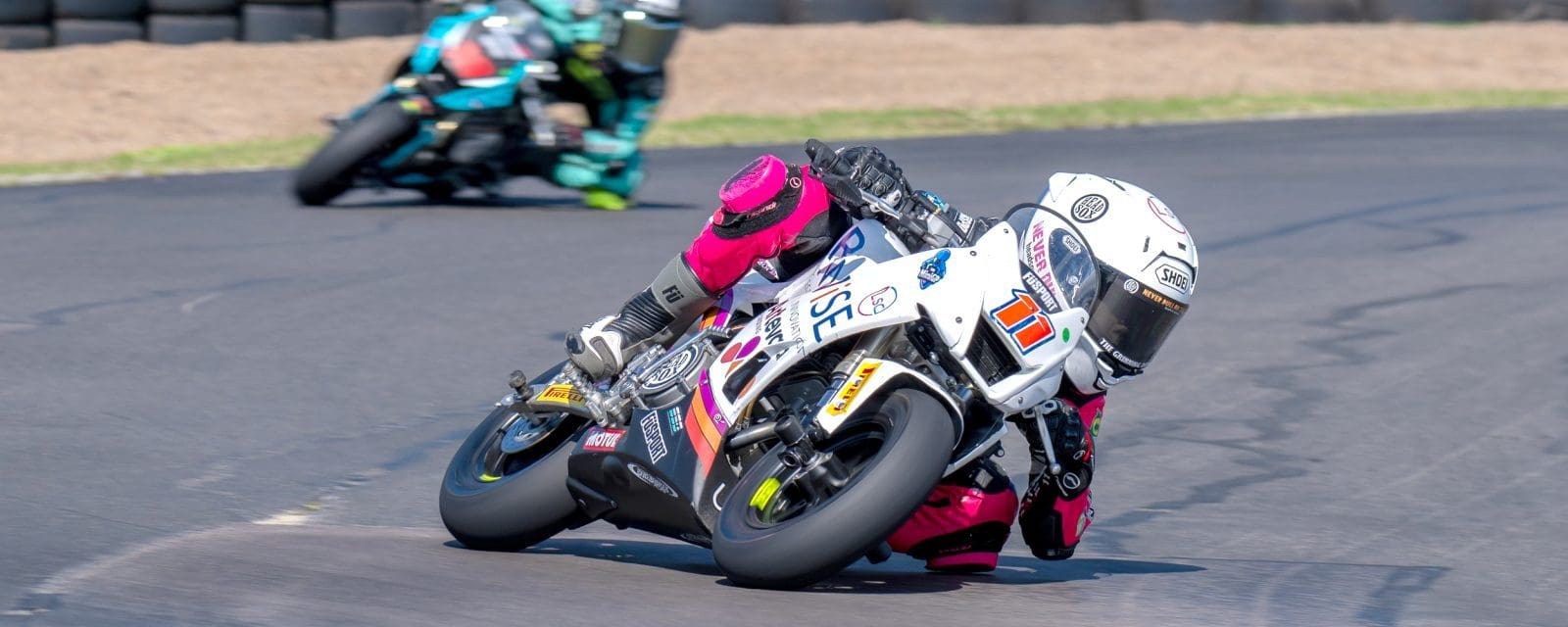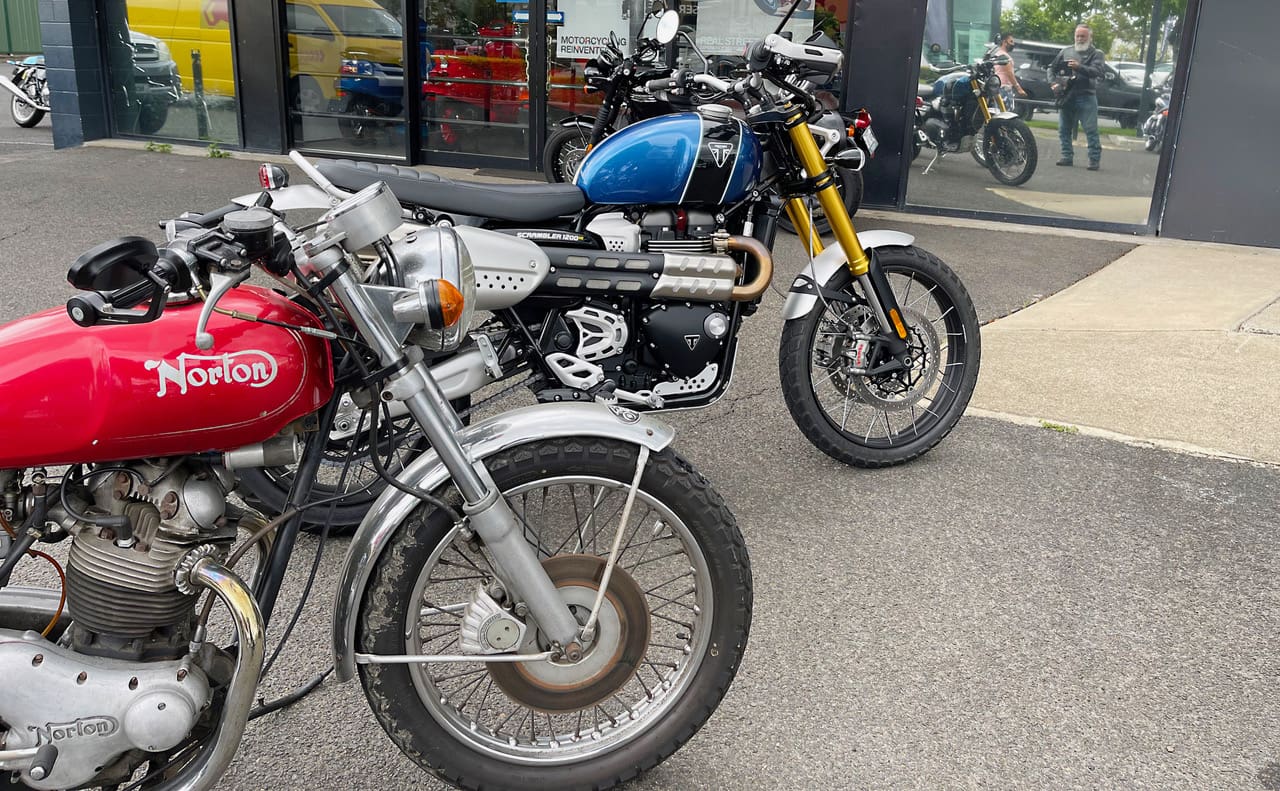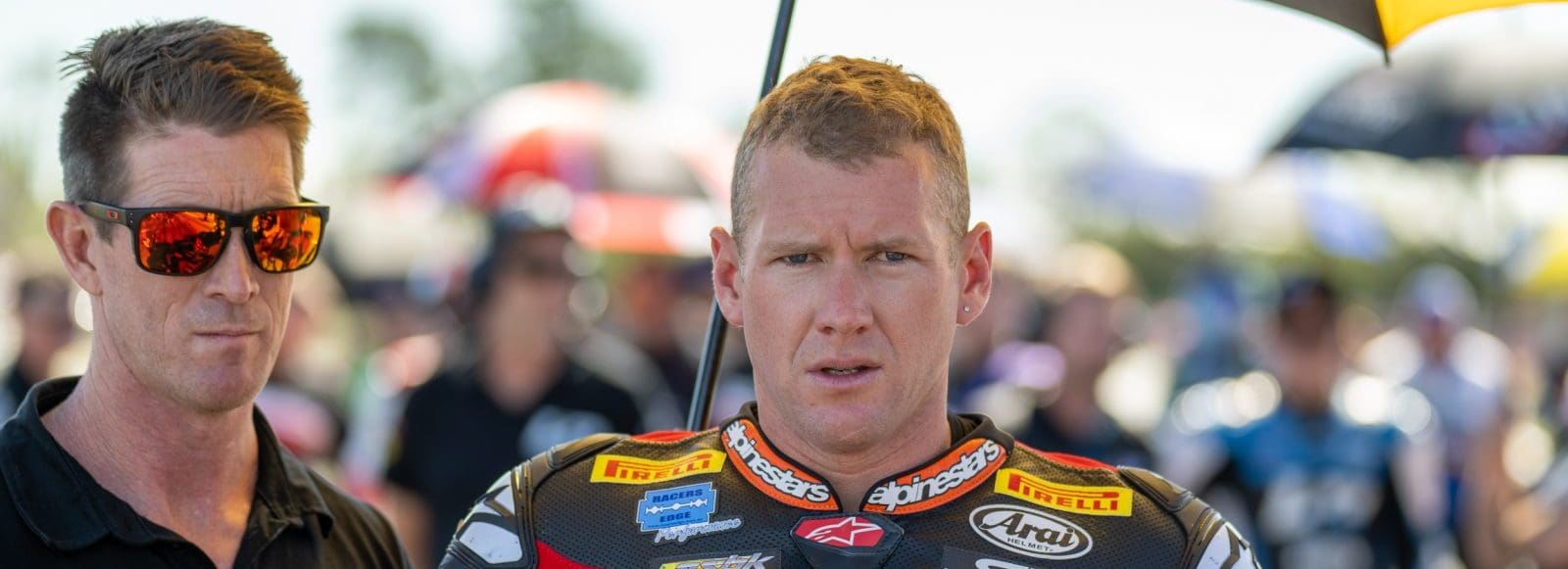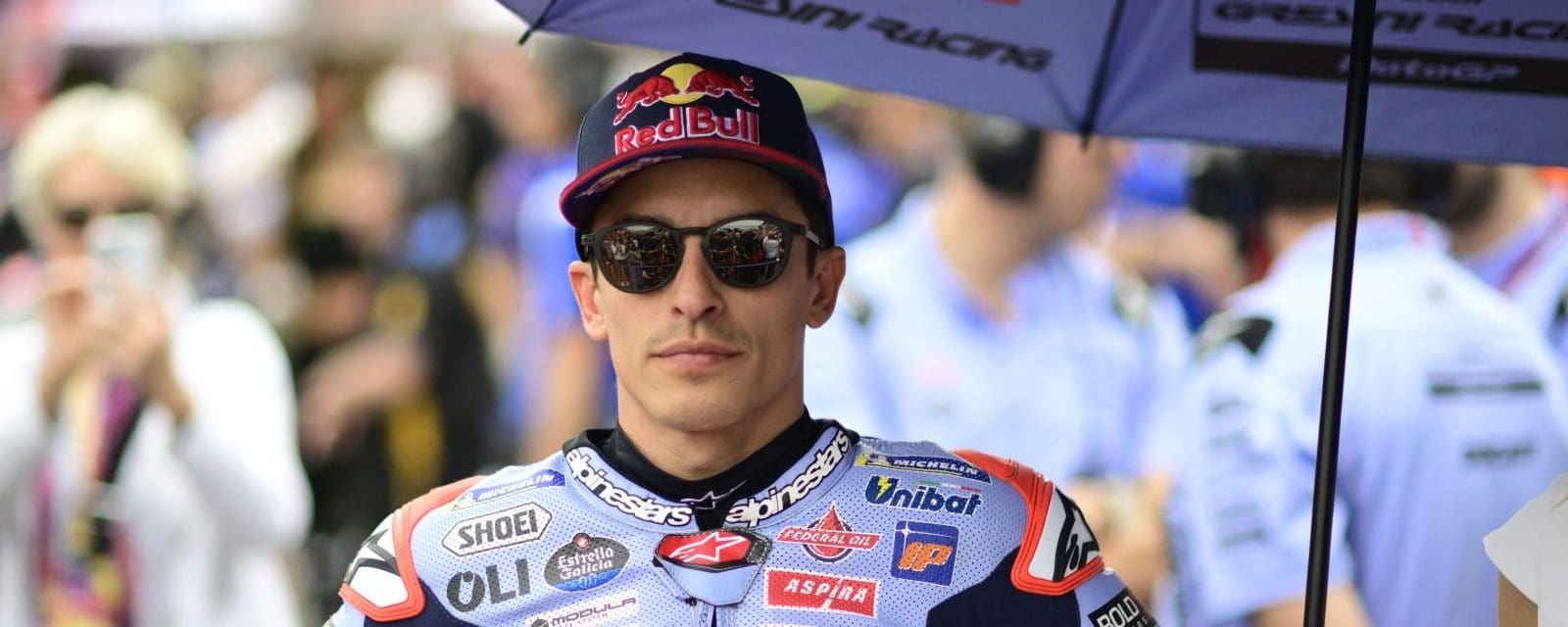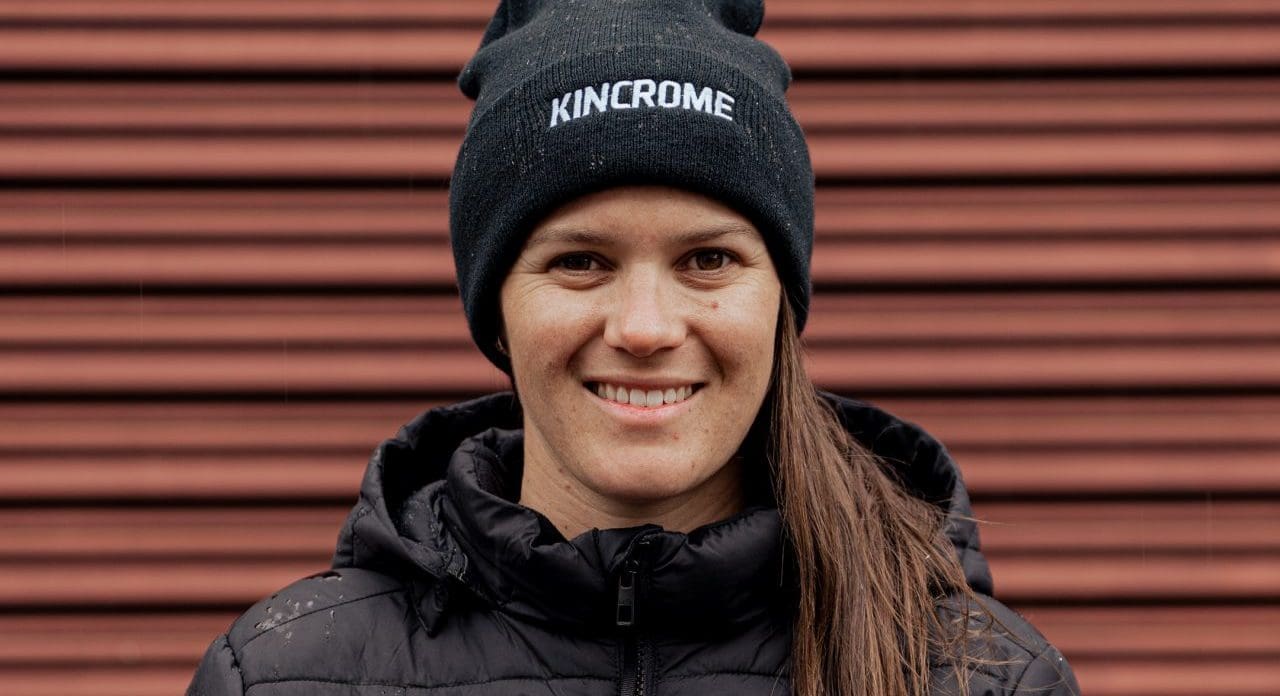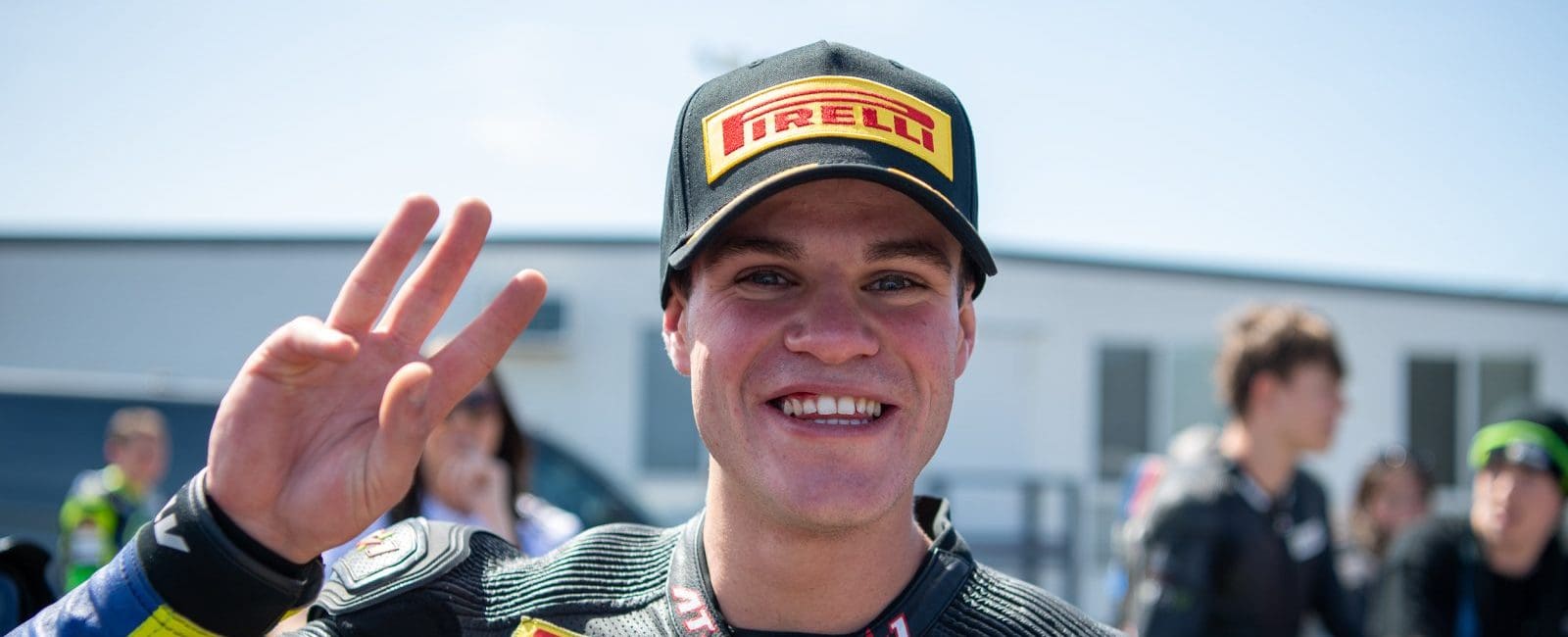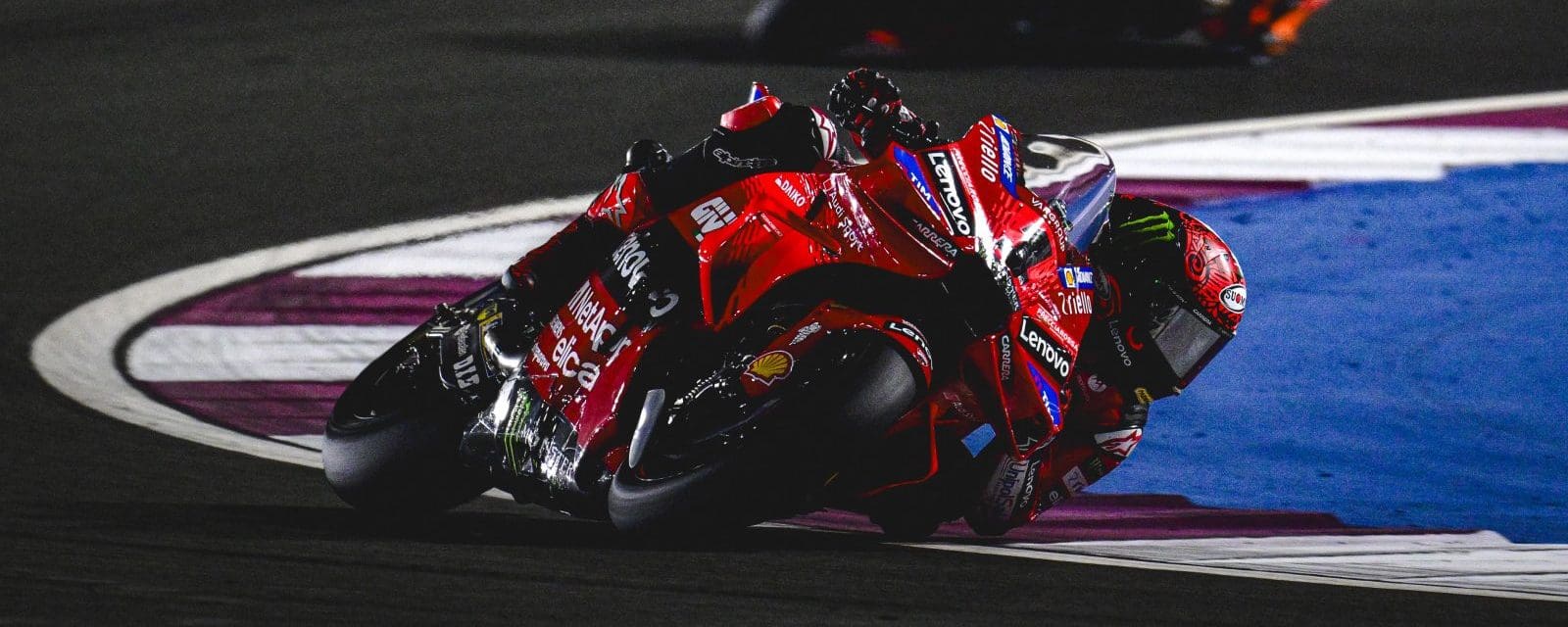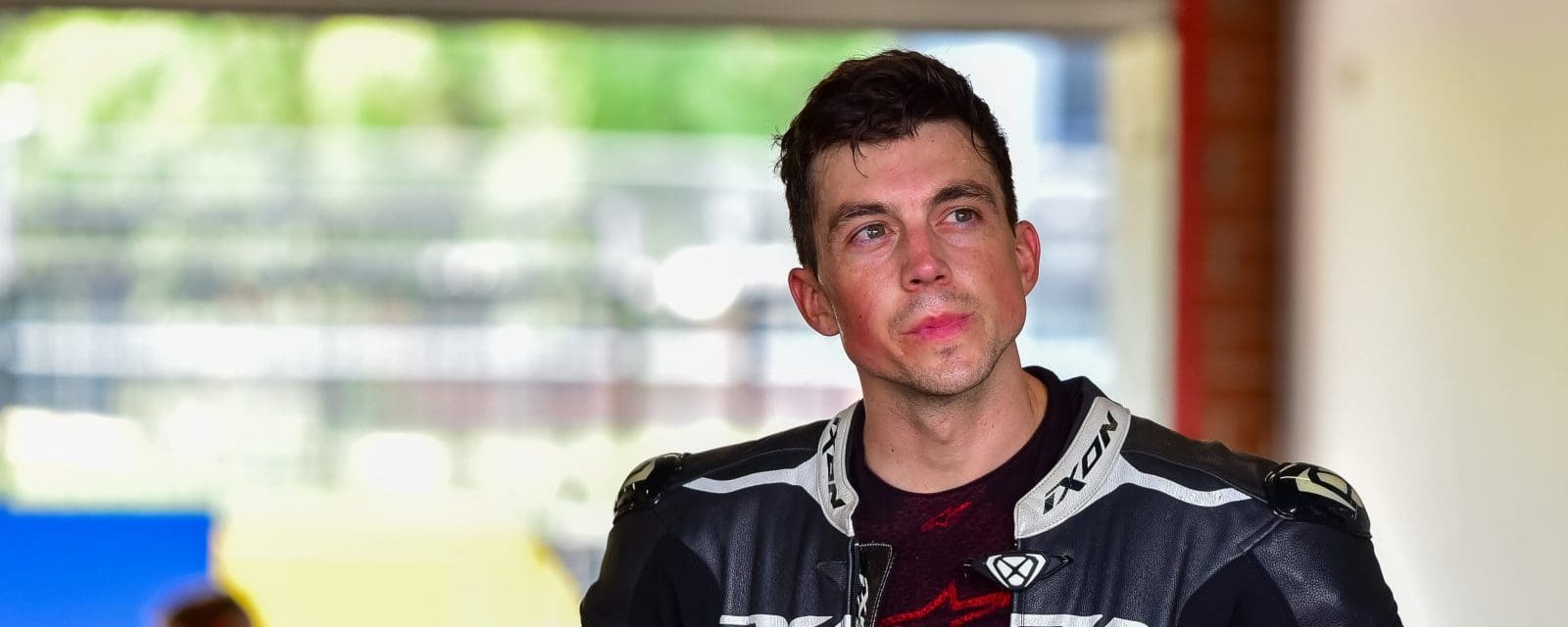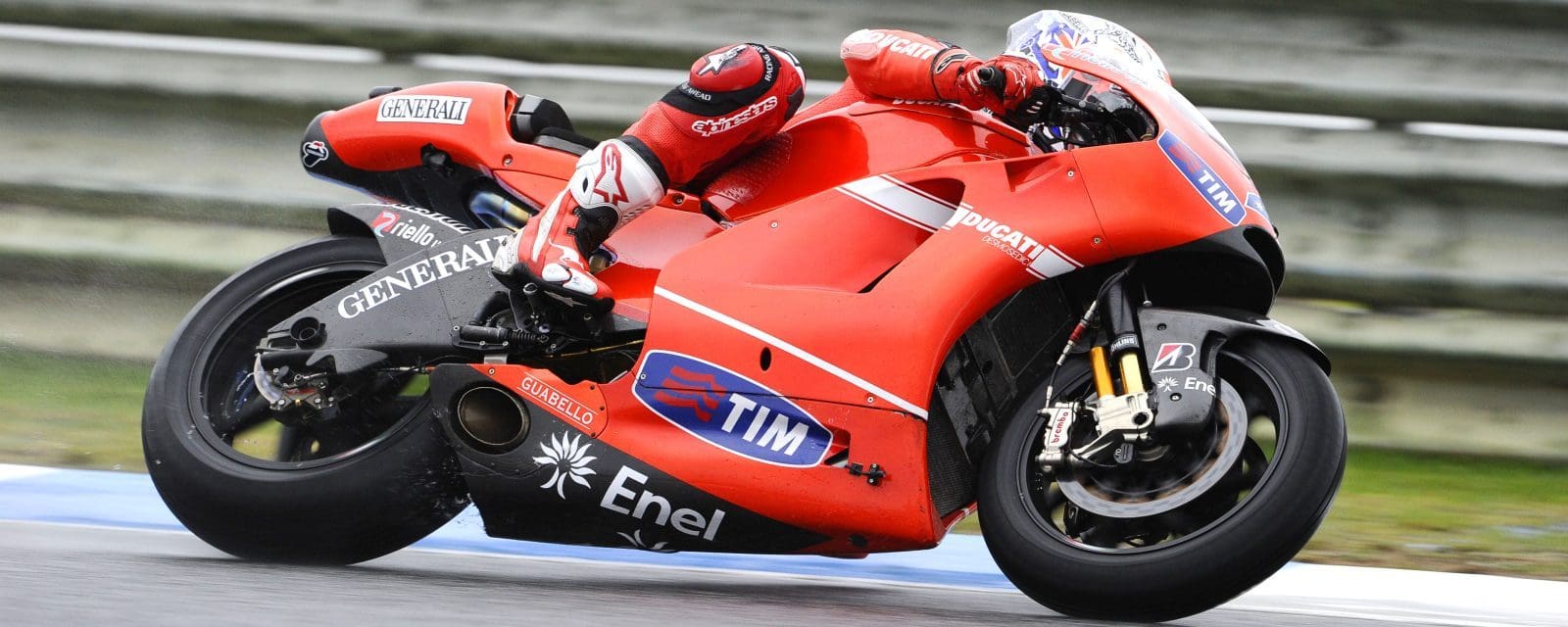The trouble with writing about Rossi is that you never know quite what he is going to do next. The Doctor is massively talented, ruthlessly charming, reliably Sunday-fast, and infused with a competitive spirit beyond the understanding even of some of his on-track rivals, let alone what you and I might call “normal people”.
Quite apart from being one of the very greatest racers of all time, Surtees and Hailwood and Agostini and Roberts (and, yes, Marquez) all rolled into one; quite apart from being a one-man promotional genius, the key figure in making MotoGP popular worldwide; quite apart from having become The Godfather of a revival in Italian racing – quite apart from all these accomplishments, he is also apparently just unstoppable.
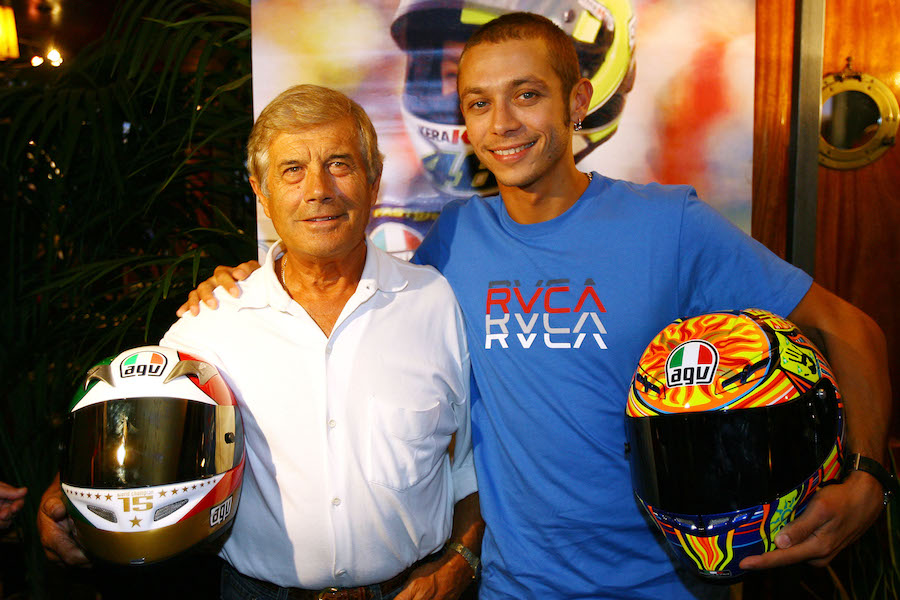
Or is he? Rumours that started to scuttle around the steamy Sepang paddock were not hard to believe. Approaching the end of his worst-ever season, the first (discounting two disaster years on the sub-standard Ducati of 2011 and 2012) without a win since his rookie year of 1996, and turning 40 next February, Rossi was frustrated beyond endurance. For more than a year he’d battered his head against the impermeable barrier of Yamaha’s unwillingness or inability to respond to the same old same old complaints. Once again at Phillip Island, one of his most favourite circuits, he’d slipped back out of contention to a down-beat sixth (probably eighth had Zarco and Marquez not collided) with the usual grip and wheelspin problems.
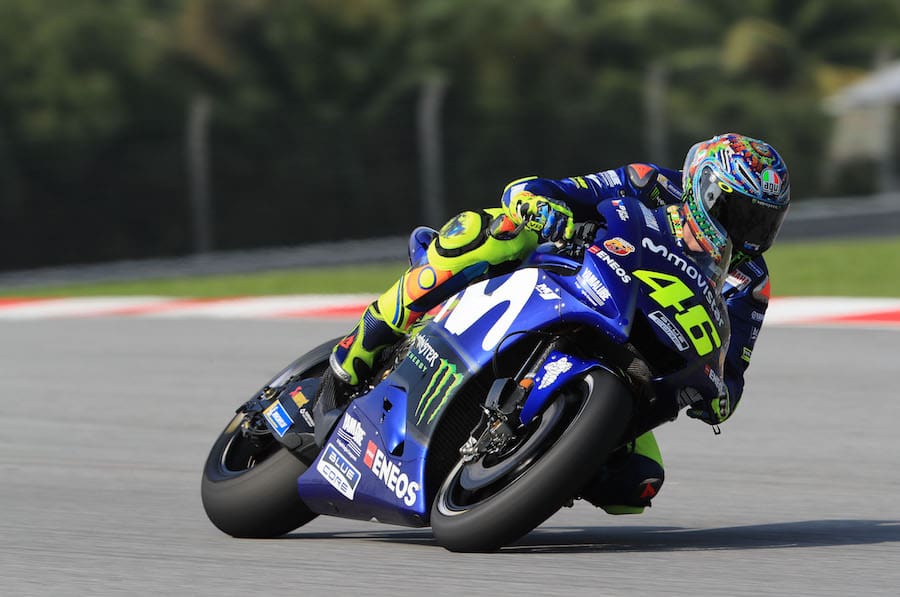
Worse still, his teammate – always the first person you have to beat – had won the race in dominant style. It was fresh ignominy for the rider the fans love to love, and his rivals love to defeat.
Valentino had followed Vinales at the start of this season, with an early signing of a new two-year contract for 2019 and 2020. Now came the rumours that if Yamaha didn’t pull their fingers out and produce a proper Honda-beater (and Ducati, and now also Suzuki) over the winter, he’d turn his back on the whole show.
It’s not as though he wouldn’t have plenty else to do. And not just presiding over the VR46 brand that, with the help of a few unlikely-seeming childhood friends, he has grown into a financial giant.
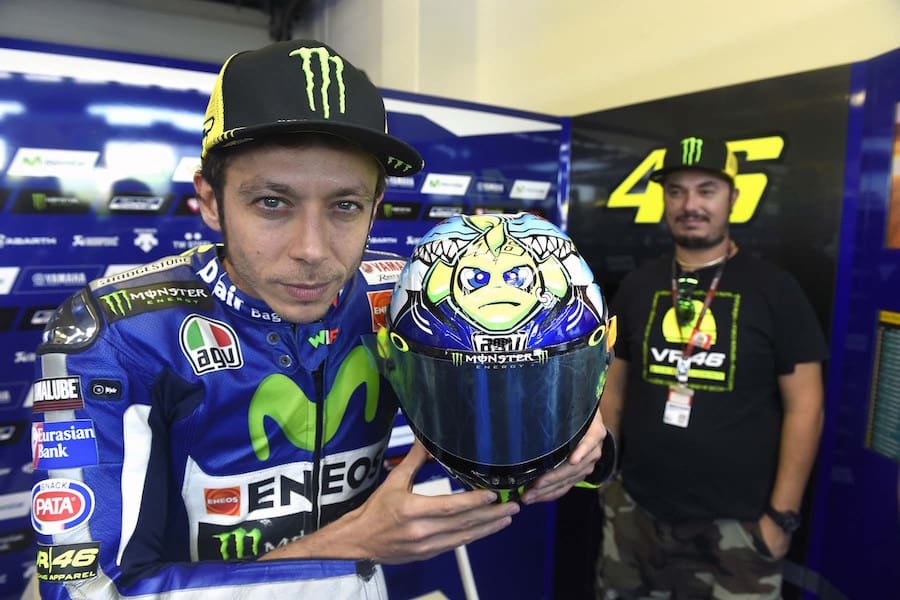
Perhaps his greater enterprise is his ranch outside Tavullia, where he trains with an ever-larger VR46 Academy, with an ever more illustrious roll-call of graduates. At that same weekend, while one of them – Marco Bezzecchi – narrowly missed the Moto3 title, Pecco Bagnaia won a resounding Moto2 championship, while VR46 team-mate Luca Marini (Valentino’s half-brother) took his first race win.
Entry lists in both smaller classes, until recently dominated by Spanish stars, are now full of VR46 proteges, with a good collection of silverware in their cabinets.
Just more reasons to add plausibility to rumours of an imminent career rethink.
Then the green lights went on, and off he went, in the lead, riding with all the strength and vigour that make him such a giant. He had once again rendered the rumours irrelevant.
But then he fell off. Under relentless pressure from his hated usurper Marquez.
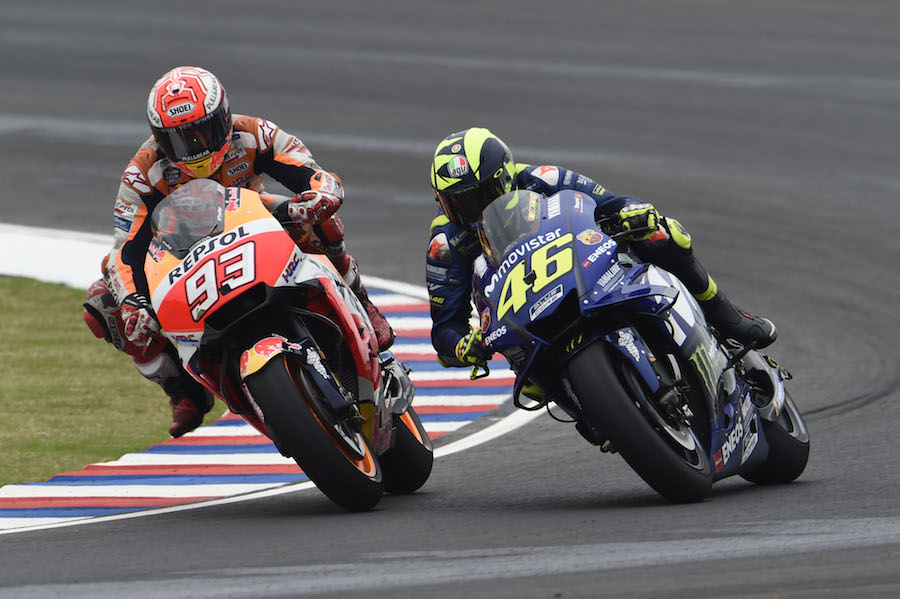
This had the feeling of a seminal moment. Crestfallen, he remounted. Later he spoke of how he didn’t understand why he’d crashed. “I felt comfortable,” he said. Not understanding is the most undermining feeling of all.
I’ve predicted Rossi’s downfall before. More than once, actually. Called him a bed-blocker, standing in the way of younger talent. Each time he’s proved me wrong. Which, to be honest, has been a pleasure for me.
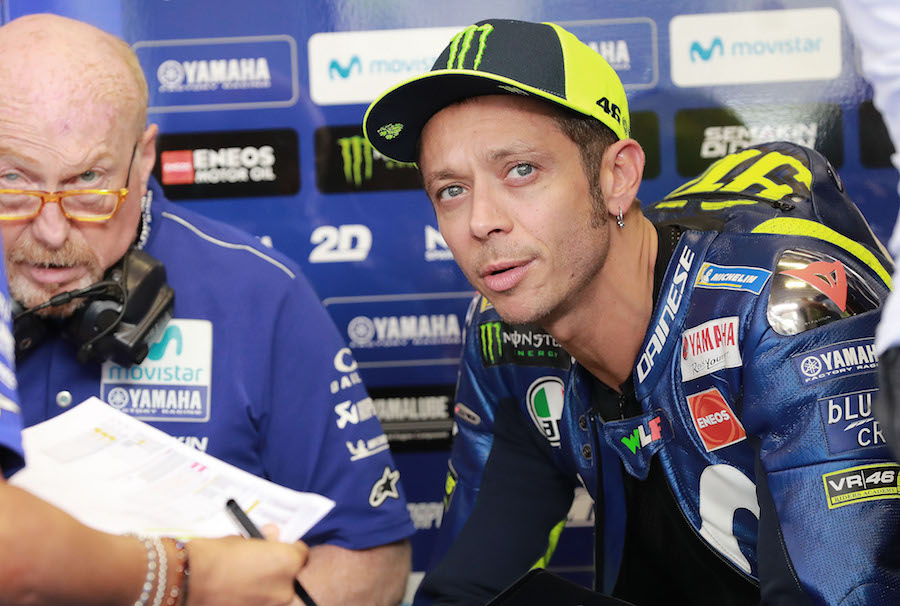
By Michael Scott
